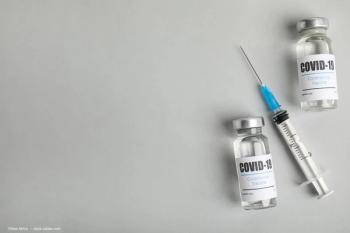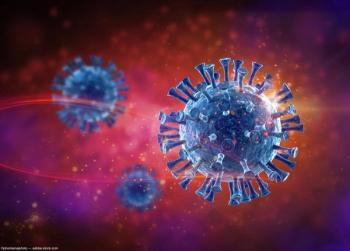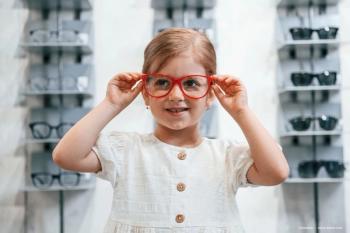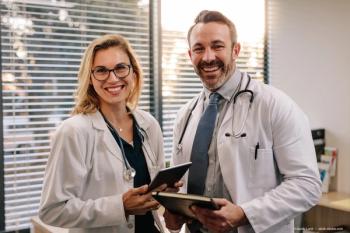
Accepting risk
Vaccination offers hope ... if we only take the chance.
Will you take the COVID-19 vaccine? Share your thoughts by taking our survey!
A few weeks ago, a friendly young nurse stuck me in the shoulder with a needle. I could barely feel a thing. Overall, the experience was so nice that I decided to do it again 3 weeks later.
Of course, I am referring to my vaccination against the
But a lot of others do not share my take on this.
The Kaiser Family Foundation reports that 27% of the American public is hesitant to receive the vaccine, and surprisingly to me, this number is higher (29%) among workers in health care settings.
According to Joseph Varon, MD, more than half of the nurses working in his Houston critical care unit are declining the vaccine.1 The phenomenon is geographically widespread with up to 40% of Los Angelenos and 45% of nurses in West Virginia saying, “no thanks.”
Why are these folks declining the vaccine? Varon says most are doing so “for political reasons.” Others are concerned about the risks of the vaccine, citing instances of anaphylaxis after injection or the tragic death of Gregory Michael, MD, who developed severe thrombocytopenia and died 2 weeks after receiving the vaccine. The manufacturer claimed no evidence of a causal link, and the CDC “will evaluate the situation.”2
We live in a free country, and each of us has the right to look at data and interpret it through the lens of our own existence. We should consider the potential impact on others.
A young nursing home worker might decline vaccination for fear of the risks of the injection exceeding the benefits to themself because the fatality rate with COVID-19 is so low in certain populations. If that same worker becomes unknowingly infected and exposes an elderly resident to the virus, the risk of death for that resident is considerable.
As the late philosopher Red Foxx sought to highlight with his quote the dangers of certain lifestyle decisions, risk is a part of life, and we are all going to die one day. For me, data on the vaccines available certainly make the case that the risk is worth taking.
How about you, dear reader? Will you take the vaccine? Will the workers in your practice?■
References
Zitser J. Despite having intimate knowledge of the pain and death caused by the coronavirus, a surprising number of US healthcare workers are refusing to get a COVID-19 vaccine. Business Insider. January 10, 2021. Need accessed date. https://www.businessinsider.com/covid-19-surprising-number-of-us-healthcare-workers-refuse-vaccines-2021-1
Manskar N. Pfizer, CDC probing death of Florida doctor who took COVID-19 vaccine. New York Post. January 13, 2021. Need accessed date. https://nypost.com/2021/01/13/pfizer-cdc-probing-death-of-florida-doctor-who-took-covid-19-vaccine
Newsletter
Don’t miss out—get Ophthalmology Times updates on the latest clinical advancements and expert interviews, straight to your inbox.





























